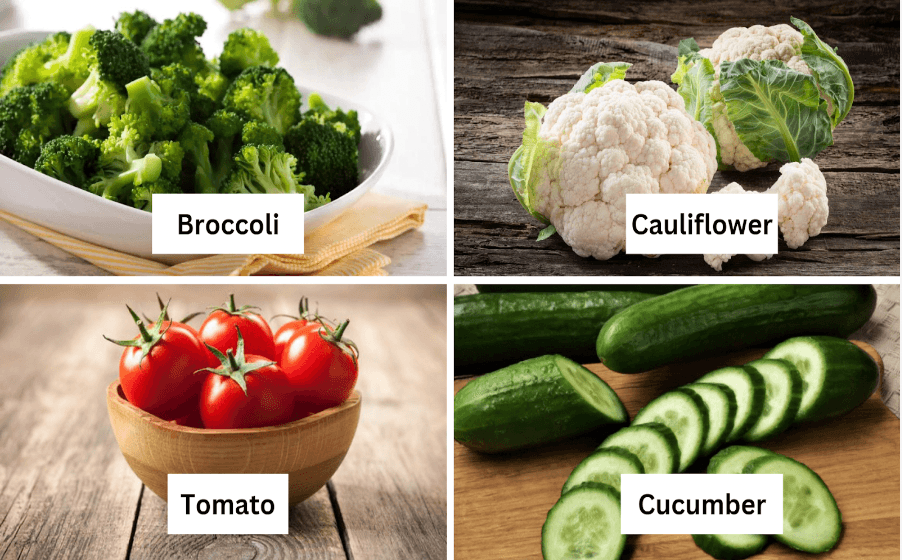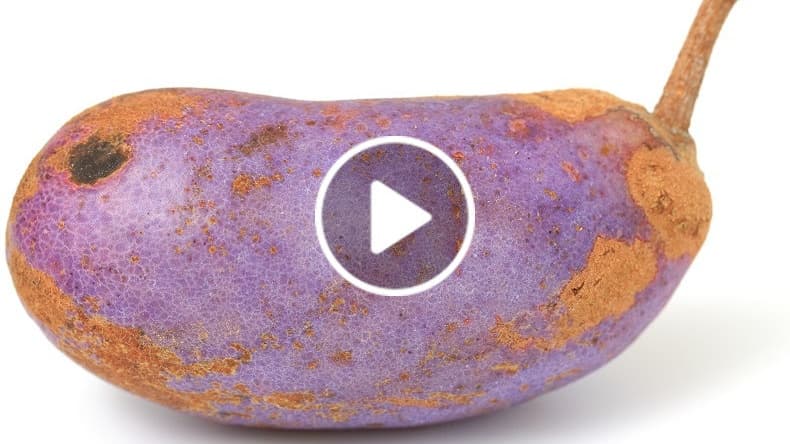You Cannot SHRINK your Enlarged Prostate if You Still EAT these 10 Foods!
The prevalence of benign prostatic hyperplasia (BPH), or enlarged prostate, is a concern for millions of aging men globally.
Dietary choices play a pivotal role in managing the symptoms associated with an enlarged prostate like frequent urination and abdominal discomfort. Exploring the link between everyday foods and prostate health reveals potential areas where dietary modifications can prove beneficial.
A potential exacerbator of prostate issues is the high consumption of red meats like beef, pork, and lamb. These contain saturated fats that can lead to inflammation, further complicating prostate conditions. Opting for leaner meats or plant-based proteins can provide relief.
While rich in calcium, dairy products can increase insulin-like growth factor (IGF), affecting prostate tissue growth adversely. Switching to plant-based milk alternatives, like almond or soy milk, presents a healthier option.
Although enjoyed socially, alcohol increases inflammation and disrupts hormonal balance, both of which can worsen urinary symptoms. Reducing intake and choosing alternatives like herbal teas can support prostate health.
Common in coffee and energy drinks, caffeine can exacerbate urinary symptoms. Cutting back on caffeine or switching to decaf options can significantly alleviate discomfort for those with BPH.
With unhealthy trans and saturated fats, fried foods encourage inflammation. Healthier cooking methods like baking or steaming help maintain prostate health.
A diet high in added sugars leads to obesity and insulin resistance, both detrimental to the prostate. Moderating sugar intake by favoring natural sweeteners is advised for adequate health management.
Rich in unhealthy additives and low in nutritional value, processed foods are best avoided. Whole foods should replace packaged versions to prevent aggravating BPH symptoms.
Exceeding the recommended salt intake raises blood pressure and fluid retention, complicating BPH management. Emphasizing low-sodium food choices assists in minimizing symptoms.
Stripped of essential nutrients, refined grains cause blood sugar spikes and aggravate inflammation. Selecting whole grains like quinoa and oats offers improved blood sugar control and decreases inflammation.
Apart from mere avoidance, fostering a diet enriched with plant-based sources, lean meat, whole grains, and reasonable consumption of beverages is pivotal in managing prostate health effectively. Nevertheless, leveraging personal understanding and adaptation to dietary habits is essential.
From Around The Web
Wellness Inbox is a blog & weekly newsletter that curates trending news and products related to health and wellness from around the web. We also gather content from various sources, including leading health professionals, and deliver it directly to you.
Please note that we may receive compensation if you purchase any products featured in our newsletter. Wellness Inbox is not affiliated with, nor does it endorse, any health professionals whose content may appear in our newsletter. The information provided is for general informational purposes only and should not be considered medical advice.
The information provided is not intended to replace professional medical advice, diagnosis, or treatment. All content, including text, graphics, images, and information available is for general informational purposes only. We do not guarantee the accuracy or completeness of any information presented and assume no liability for any errors or omissions. The content is subject to change without notice. We encourage you to verify any information with other reliable sources and consult your physician regarding any medical conditions or treatments.







